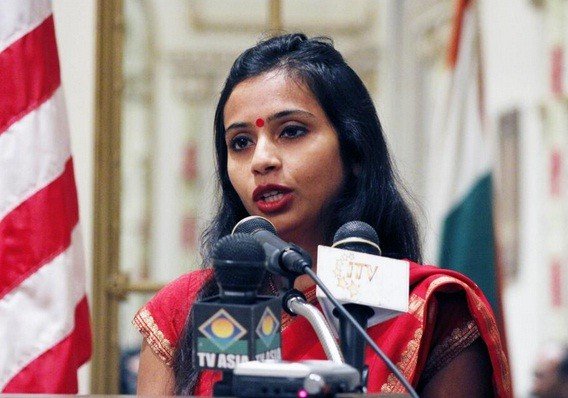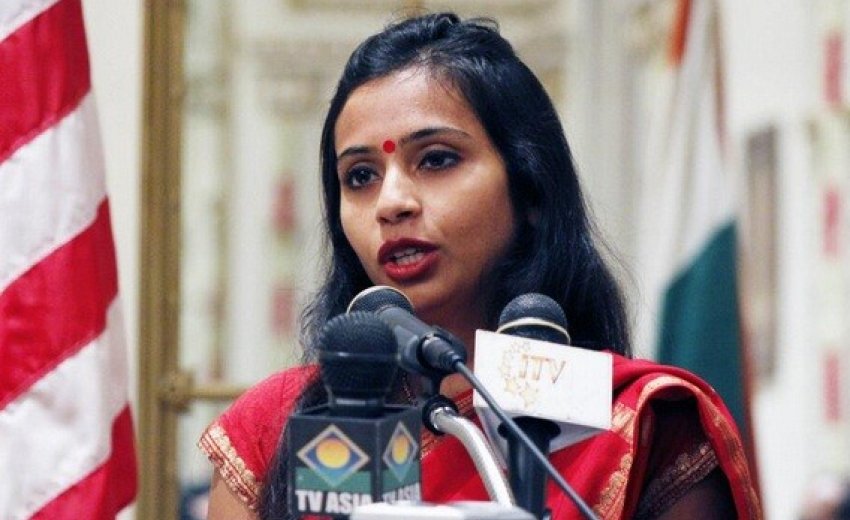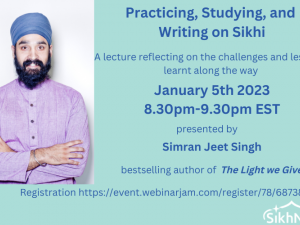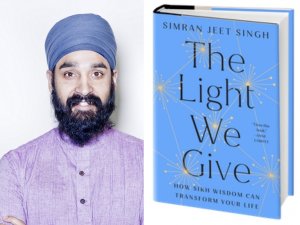Last week, the United States arrested an Indian diplomat, Devyani Khobragade, for committing fraud in a visa application for her nanny. The application submitted by Khobragade claimed that the housekeeper would be paid the minimum wage of $9.75, yet sources revealed that she was actually being paid about $3.31 per hour. She is currently facing one count of visa fraud and one count of making false statements, which together, carry a maximum sentence of 15 years.
 Khobragade was apprehended and taken to prison, where she was searched and held with other females. Manhattan U.S. Attorney Preet Bharara explained that Khobragade was provided more courtesies than typical defendants and that she was arrested discreetly, without handcuffs or restraint.
Khobragade was apprehended and taken to prison, where she was searched and held with other females. Manhattan U.S. Attorney Preet Bharara explained that Khobragade was provided more courtesies than typical defendants and that she was arrested discreetly, without handcuffs or restraint.
Despite the careful approach taken by U.S. authorities in this manner, Khobragade's arrest has touched off a firestorm across Indian media and politicians. The issue has become a headline story across the major media outlets, and citizens throughout the country have engaged in public protests. Security barriers protecting the U.S. Embassy in New Delhi have been removed, Secretary of State John Kerry has issued a statement on the event, and Prime Minister of India Manmohan Singh has addressed the issue by calling Khobragade's arrest "deplorable."
As a person of South Asian descent and as someone who takes an active interest in American and Indian politics, I am struck by the public outcry and condemnation of this particular event. Although it makes me uncomfortable, it comes as little surprise to me that the uproar has largely focused on the momentary discomfort of a high-ranking upper-class official rather than the mistreatment and exploitation of a lower-class citizen. This speaks to the unfortunate indifference of class politics to which I have been accustomed within Indian culture.
Furthermore, it strikes me that of all the significant examples of injustice at the forefront of the Indian political consciousness, media outlets and politicians have chosen to rally around this particular issue. There are far more "deplorable" and contentious issues with which Indians ought to be reckoning.
India's leading prime ministerial candidate in the upcoming 2014 elections -- Narendra Modi -- has been identified for his deep complicity in human rights violations, to the extent that the U.S. Government still refuses to grant him a visa on this basis. Modi has been cited for playing a role in the anti-Muslim Gujarat pogroms of 2002, violence that claimed over one thousand lives and injured thousands of others. Yet, sections of the Indian public have granted Narendra Modi impunity by overlooking his crimes against humanity and are poised to elect him as the next Prime Minister of India.
While Indian media outlets and politicians engage in debates about the alleged mistreatment of Devyani Khobragade, they have entirely overlooked a remarkable story of a man in the state of Punjab who is taking a stand against injustice. As I write, Bhai Gurbaksh Singh is on Day 37 of his hunger strike calling for the release of six prisoners who are being detained indefinitely after completing their prison sentences. Human rights groups have sought intervention by larger bodies such as Amnesty International and the United Nations, yet the public, media, and political machinery have yet to take these issues seriously.
What I find disappointing is our lack of attention to and concern for deep human rights violations. We have not held our officials accountable for their complicity in exploitation and injustice, whether they are Indian Diplomats exploiting lower-class workers, Prime Minister candidates complicit in the massacre of minority communities, or state officials detaining prisoners unjustly. These are the real issues that we ought to be addressing. It is time to stop providing our leaders with indiscriminate immunity and impunity. It is time to stop making a mockery of justice.






